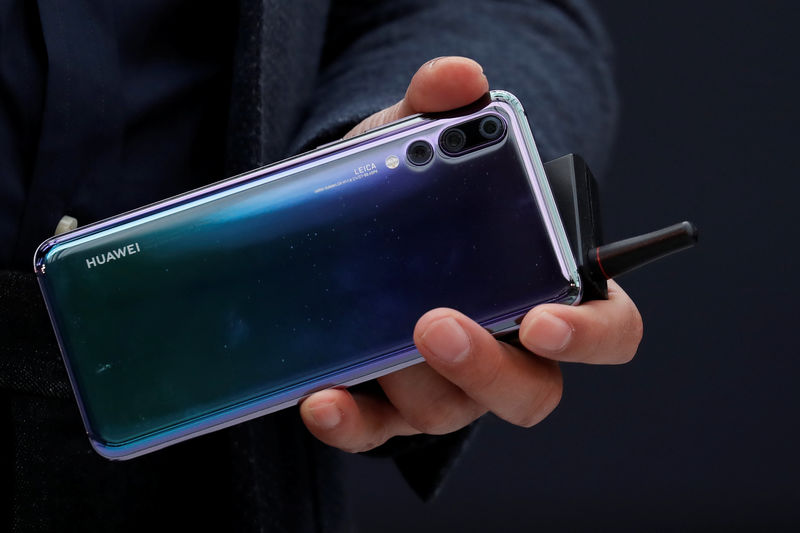(Bloomberg Opinion) -- An investigation by federal authorities into the possible theft of trade secrets by Huawei Technologies Co. could give even more weight to a U.S. campaign against the Chinese company.
Civil suits against Huawei, including a case where it was found liable by a jury in 2017 for the theft of T-Mobile US Inc. robotics technology, appear to be the springboard for potential federal indictments, the Wall Street Journal reported Wednesday.
Such a move makes the fight against China’s biggest smartphone and telecommunications equipment maker more tangible, and gets to the heart of U.S. economic interests. Intellectual-property theft has been a core argument underpinning President Donald Trump’s trade war.
There are three basic complaints the U.S. has against Huawei, and China by extension:
- Breaching sanctions against Iran
- Aiding and abetting espionage
- Stealing technology
While the U.S. takes its sanctions against foreign powers very seriously – highlighted by the December detention in Canada of CFO Meng Wanzhou – much of the world rolls its eyes but plays along anyway.
Meng herself is accused of a different but related offense: committing fraud by lying about Huawei’s connection to those firms that allegedly sold equipment to Iran. The breach of a trade embargo could very well weaken Washington’s tough stance against countries it wishes to punish. Still it’s debatable whether sanctions actually further U.S. security or economic interests.
Claims of espionage cut to the issue of national security and sovereignty. But solid evidence against Huawei has been lacking. While last week’s arrest in Poland of a Huawei employee strengthens the U.S. case, it’s not a slam dunk. The company’s founder Ren Zhengfei broke years of silence this week to sit down with foreign media and deny accusations of spying.
That leaves trade-secrets theft as the battlefront where the U.S. can truly bare its knuckles.
U.S. criminal investigators and courts tend to take breaches of intellectual property seriously because it threatens the nation’s pride and joy: technology. Even President Donald Trump has cited alleged technological theft for his beef with China.
It’s also the most contentious of the aforementioned complaints. Assuming the U.S. has documents showing Huawei’s links to sanction-busting companies, and proof that Meng and the firm didn’t tell the whole truth, the case should be pretty straight forward. Spy cases, once discovered, also have the potential to be easily proven with a few text messages or emails.
IP cases are anything but simple. Plaintiffs have to provide evidence they even have rights over the technology in question. Then they have to prove it was stolen. The defense can respond by claiming it developed these capabilities on its own, got the technology elsewhere, or doesn’t even have it anyway. The burden of proof in a criminal case is higher than that for civil, with the potential to bamboozle juries.
The spoils from winning such a battle can be great. A judge’s ruling to block import of certain products, or impose fines, is unlikely to be overturned by the executive branch – even by a wheeler-dealer president. This means a victory can be concrete and lasting.
With intellectual property so fundamental to the U.S. and its global dominance, fighting that battle starts to make the war against Huawei very real.
